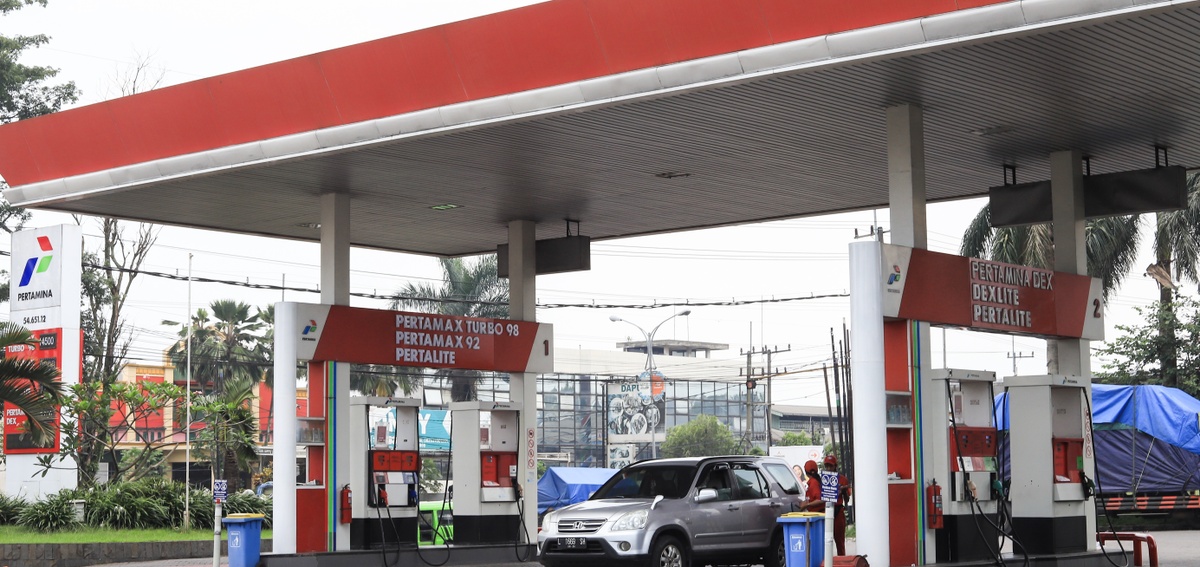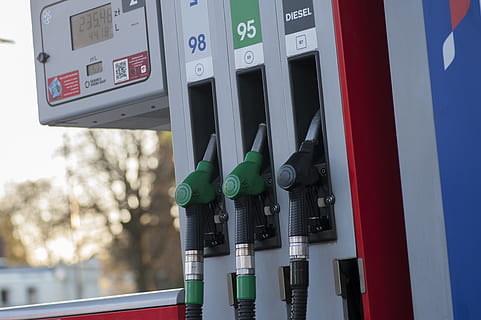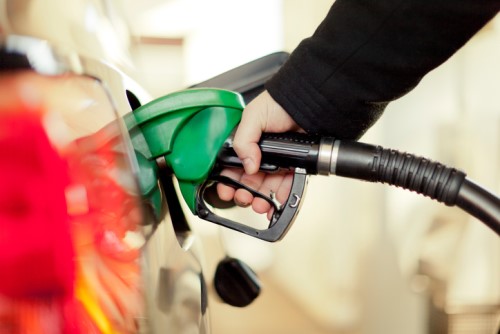
Petrol Station Insurance Policy: Coverage, Benefits, and Importance
Petrol stations (or gas stations) are high-risk businesses due to the flammable nature of fuel, customer traffic, and equipment involved. A tailored Petrol Station Insurance Policy is essential to protect against financial losses caused by accidents, property damage, theft, and legal liabilities. Whether independently owned or part of a franchise, every petrol station must have a comprehensive insurance plan in place.
What is Petrol Station Insurance?
Petrol station insurance is a tailored business insurance policy specifically created for fuel retail enterprises. It combines several types of coverage into a single package to protect the station’s physical assets, staff, customers, and financial interests.

Key Components of a Petrol Station Insurance Policy
- Property Insurance
- Covers buildings, fuel pumps, underground tanks, signage, convenience stores, and office equipment.
- Protection against fire, explosions, vandalism, storms, and other natural disasters.
- Public Liability Insurance
- Protects against claims from third parties (customers or the general public) for injury, death, or property damage.
- Example: A customer slips on a fuel spill and sues the station for medical costs.
- Product Liability Insurance
- Covers injury or damage caused by products sold at the station, such as faulty fuel or contaminated items from a convenience store.
- Environmental Liability Insurance
- Covers cleanup and remediation costs in case of fuel spills, leaks, or soil contamination.
- Often legally required due to environmental risks posed by fuel storage and dispensing.
- Business Interruption Insurance
- Compensates for lost income during periods when the station cannot operate due to covered events like fires or repairs.
- Helps in paying salaries, rent, and other ongoing expenses.
- Employer’s Liability Insurance
- Mandatory in many regions if you employ staff.
- Covers claims by employees injured on the job, including fuel handlers and cashiers.
- Crime and Theft Insurance
- Covers losses due to employee dishonesty, cash theft, or armed robbery.
- Equipment Breakdown Insurance
- Covers costs of repair or replacement of essential machinery like fuel dispensers and refrigeration units.
Additional Optional Overages
- Cyber Insurance (for stations with digital payment systems)
- Fleet Insurance (if you operate fuel delivery vehicles)
- Legal Expenses Insurance (for covering legal representation and court fees)
Benefits of Petrol Station Insurance
| Benefit | Description |
| Risk Mitigation | Minimizes the financial impact of accidents, legal claims, and environmental issues. |
| Regulatory Compliance | Helps meet legal requirements for operating hazardous businesses. |
| Business Continuity | Ensures that the business can resume quickly after disasters. |
| Customer and Employee Protection | Offers a safety net in case of injury or loss to staff or patrons. |
| Credibility and Trust | Insured businesses tend to gain more trust from suppliers and customers. |
| Customizable Coverage | Policies can be tailored to the specific risks and scale of your petrol station. |

Who Needs Petrol Station Insurance?
- Independent gas station owners
- Franchisees of major fuel brands
- Fuel depot operators
- Petrol station convenience store managers
How to Choose the Right Policy
- Assess Your Risks – Evaluate potential hazards specific to your location and operations.
- Compare Insurers – Choose insurers experienced in the fuel retail industry.
- Look for Tailored Packages – Avoid generic policies; opt for customised coverage.
- Review Regularly – Adjust your policy to align with alterations in business activities or resources.
Conclusion
Operating a petrol station comes with significant risks, but with a well-designed Petrol Station Insurance Policy, you can safeguard your business, employees, and customers. Investing in insurance is not just about meeting legal obligations—it’s about securing the future of your business against unforeseen challenges.

